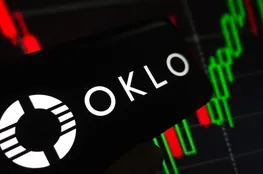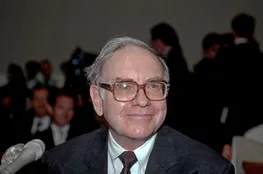The race for the North Side's 4th District in Chicago's inaugural school board elections presents a complex narrative beyond the usual progressive-conservative dichotomy. With six candidates competing, each brings a unique perspective on educational priorities. This affluent district, encompassing areas like Lincoln Park, Lake View, North Center, and Uptown, is home to 33 Chicago Public Schools. Significantly, all candidates are CPS parents and have substantial experience in educational roles.
Karen Zaccor, a retired veteran teacher, is supported by the Chicago Teachers Union alongside several progressive organizations. Her teaching career spans over 28 years at various schools, and she has held roles on local school councils. Ellen Rosenfeld, currently serving in CPS's community engagement office, is backed by numerous groups, including traditional Democratic entities and conservative 'school choice' organizations. Rosenfeld, also a former teacher and CPS parent, emphasizes the necessity of new revenue sources to address budget deficits.
Kimberly Brown, a marketing executive and adjunct professor, focuses on parental engagement and has a history of nonprofit leadership aimed at middle management and women professionals. Thomas Day, with a background as a journalist and Iraq War veteran, founded a nonprofit facilitating the transition of lab inventions to markets and supports strategic school closures to optimize resource use. Carmen Gioiosa, a parent actively involved in LSC leadership, advocates for standardized testing to improve educational efficacy and has experience in supporting at-risk students within CPS. Andrew Davis, an advocate for educational equity, proposes financial strategies to enhance funding for neighborhood schools.
Gioiosa's stance on standardized testing marks her as distinct among candidates, while Zaccor and Rosenfeld argue for teacher autonomy in curriculum choices. The debate over fiscal policy is highlighted by Rosenfeld's support for maximizing property tax levies, juxtaposed with Davis's push for broader state funding solutions. Additionally, candidate positions on school choice and neighborhood resource allocation, as discussed by Zaccor, underscore the tension between equity and choice in CPS.
The candidates share a general consensus in supporting transportation for all students, with Kimberly Brown earning an endorsement for her emphasis on this issue's societal impact. On administrative leadership, a majority favor maintaining CPS CEO Pedro Martinez, citing stability during union negotiations. However, opinions vary on financial governance, particularly concerning proposed high-interest loans, which are largely opposed as unsustainable. Rosenfeld emphasizes the importance of independence from external influences, advocating for a voter-centric approach. Zaccor echoes a commitment to represent families, willing to consider inputs across diverse community stakeholders.
























